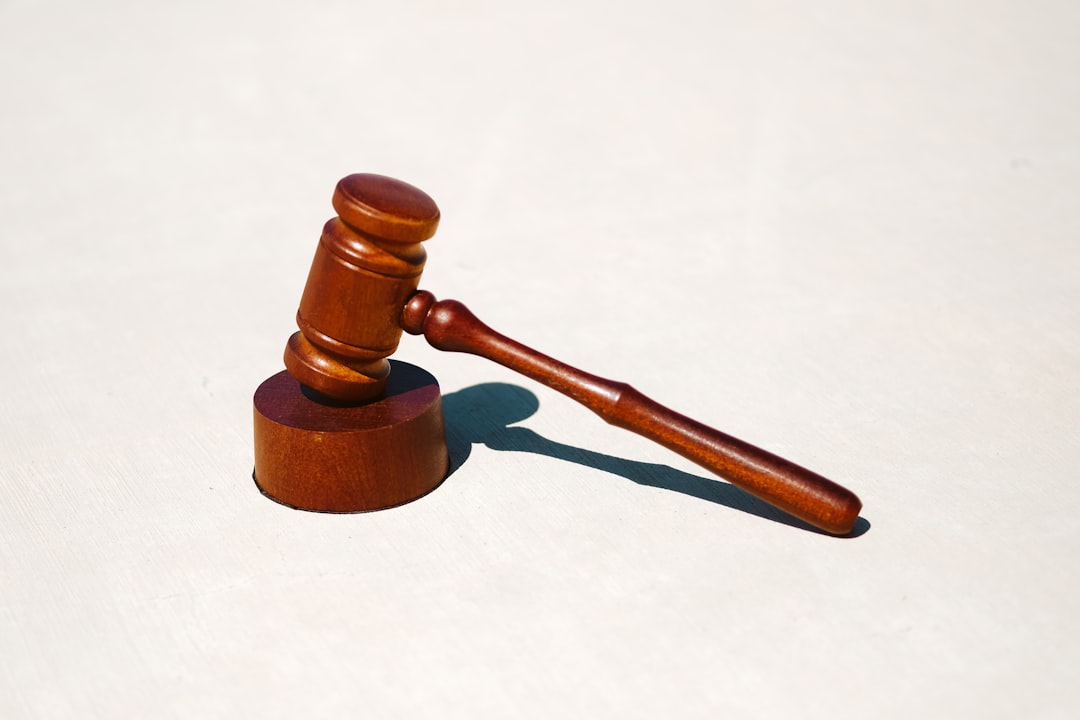In Arizona, including Phoenix and Mesa, businesses engaging in automated calling face legal risks under the Telephone Consumer Protection Act (TCPA). Unregulated robocalls can lead to fines and reputational damage. Specialized lawyer for Robocall Phoenix expertise is vital for compliance, avoiding lawsuits, protecting customer trust, and navigating TCPA regulations regarding consent, opt-outs, and Do Not Call numbers. Implement best practices like obtaining explicit caller consent, maintaining records, and seeking legal guidance for tailored support.
In today’s digital age, businesses in Mesa must navigate complex regulations surrounding robocalls to maintain compliance and protect their customers. The Telephone Consumer Protection Act (TCPA) imposes strict rules on automated telephone marketing, with severe penalties for violations. This article guides local businesses through the intricacies of Arizona’s robocall regulations, identifies common TCPA pitfalls, explores the legal repercussions of unregulated calls, and offers best practices to ensure compliance and avoid costly fines. For expert counsel, consider consulting a Phoenix robocall lawyer.
Understanding Robocall Regulations in Arizona

In Arizona, robocalls are regulated by both state and federal laws, designed to protect consumers from unwanted and deceptive automated phone calls. The Arizona Attorney General’s Office plays a pivotal role in enforcing these regulations, ensuring businesses adhere to ethical telemarketing practices. One key piece of legislation is the Telephone Consumer Protection Act (TCPA), which prohibits certain types of robocalls without prior express consent from recipients.
For Phoenix-based businesses engaging in automated calling, it’s crucial to partner with a lawyer specializing in Robocall Phoenix to navigate these complex regulations. They can help craft compliance strategies that align with the TCPA and Arizona’s specific telemarketing rules, safeguarding your company from potential legal issues and fines while ensuring effective communication with customers.
Common Telephone Consumer Protection Act (TCPA) Violations

The Telephone Consumer Protection Act (TCPA) is a federal law designed to protect consumers from unwanted telephone solicitations and robocalls. While many businesses use automated phone systems for marketing purposes, non-compliance with TCPA regulations can lead to significant legal consequences. Common violations include making calls using an Automatic Dialer without the recipient’s prior express consent, failing to provide a clear and conspicuous opt-out mechanism during the call, and placing repeated calls to telephone numbers listed on the National Do Not Call Registry.
Businesses in Mesa, Arizona, should be aware that a lawyer for Robocall Phoenix can offer specialized guidance on navigating these complex regulations. Engaging such legal expertise is crucial to ensure compliance, minimize the risk of costly lawsuits, and maintain customer trust. Understanding TCPA requirements is essential for any organization utilizing automated calling technologies, as even seemingly minor infractions can result in substantial fines and damage to a company’s reputation.
Legal Implications for Unregulated Robocalls

Unregulated robocalls can have severe legal implications for Mesa businesses. In the United States, the Telephone Consumer Protection Act (TCPA) prohibits automated or prerecorded calls to cellular phone numbers unless the caller has obtained prior express consent from the recipient. Violations of this law can result in significant monetary penalties, with each call counting as a separate violation. Businesses that make robocalls without proper authorization risk not only financial losses but also damage to their reputation and potential legal lawsuits.
If you operate a business in Mesa and are concerned about robocall compliance, consulting with a lawyer for Robocall Phoenix can be beneficial. Legal experts specializing in this area can help ensure your marketing strategies adhere to TCPA guidelines, protect your company from costly penalties, and maintain customer trust. They can also guide you on obtaining the necessary consent, managing call records, and staying updated on evolving regulations related to automated communications.
Best Practices for Compliance and Avoiding Fines

To ensure compliance with robocall regulations, Mesa businesses should implement best practices that protect consumers and avoid hefty fines. One crucial step is to obtain explicit consent from callers before dialing, verifying opt-out preferences, and maintaining detailed records of all calls. Utilizing robust do-not-call filtering systems and regularly reviewing call logs can help prevent accidental violations.
Additionally, working with a qualified lawyer for robocall Phoenix can provide guidance tailored to your business’s unique needs. They can assist in drafting consent forms, establishing internal protocols for compliance, and responding to consumer complaints. Staying proactive and educated about these practices will safeguard your business from potential penalties while ensuring ethical marketing strategies.






